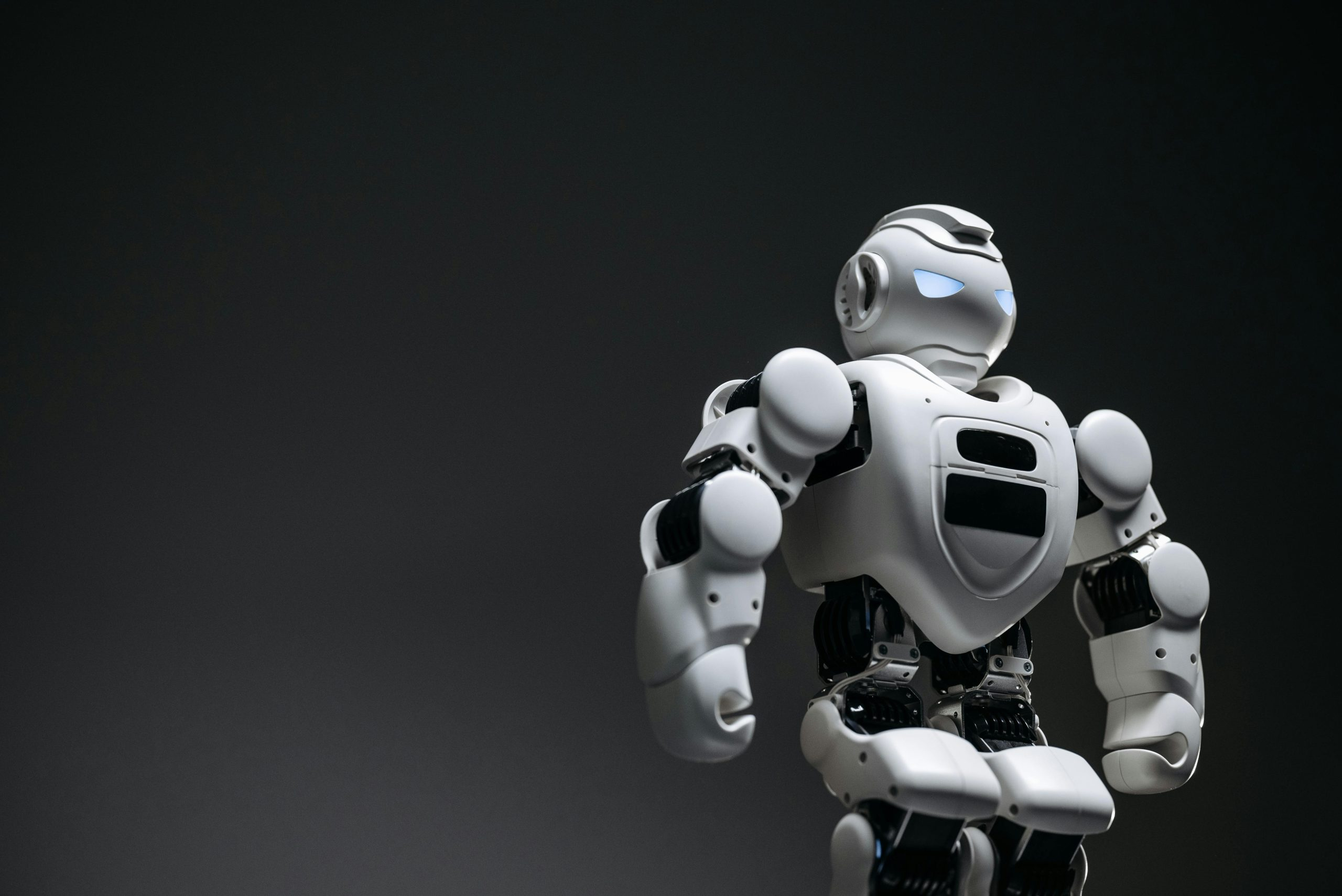Robot Chefs & Smart Keys: How AI is Reinventing Hospitality
Imagine walking into a five-star hotel and being greeted by a robot concierge who takes your luggage to your room, while a robot chef prepares a delicious meal for you. This may sound like something straight out of a sci-fi movie, but with the rapid advancement of AI technology, it is becoming a reality in the hospitality industry. From robot chefs to smart keys, AI is reinventing the way hospitality businesses operate, offering efficient and personalized services to guests. In this article, we’ll delve into the world of Robot Chefs & Smart Keys and explore how AI is transforming the hospitality industry.
The Rise of Robot Chefs
Gone are the days when the kitchen was solely run by human chefs. With the introduction of robots in the culinary world, the restaurant industry is experiencing a major disruption. Robot chefs, also known as “cobots,” are designed to work alongside human chefs in commercial kitchens. These robots are equipped with advanced sensors, making them capable of learning and performing complex tasks, such as slicing, dicing, and cooking different dishes.
Efficiency and Consistency
One of the major benefits of using robot chefs in the hospitality industry is their efficiency and consistency. Unlike human chefs, robots are not limited by fatigue, emotions, or distractions. They can work continuously, ensuring consistent quality and delivery of food. This is especially beneficial for hotels and restaurants with high foot traffic, where a delay in food preparation or inconsistency in taste can result in dissatisfied customers.
Enhancing Guest Experience
Robot chefs are also known for their showmanship. Watching a robot prepare your meal can be an exciting and novel experience for guests, creating a memorable dining experience. Many hotels and restaurants have started incorporating live cooking performances by robot chefs as part of their entertainment offerings. This not only enhances the overall guest experience but also contributes to the overall ambiance and image of the hospitality establishment.
The Rise of Smart Keys
Gone are the days of lost keys or having to wait in line at the reception to collect a key card. AI-powered smart keys are now being used to streamline the check-in and check-out process in hotels. These smart keys can be accessed through a mobile app or a virtual key, eliminating the need for physical keys or key cards.
Efficient Check-in and Check-out
With smart keys, guests can check-in online and access their room directly using their mobile devices. This eliminates long queues at the reception, making the check-in and check-out process faster and more convenient for guests. Additionally, smart keys can be easily deactivated, reducing the risk of a lost key being used to enter a guest’s room.
Personalization and Security
Smart keys also offer an added layer of personalization and security. With AI technology, hotels can track the movements of guests and offer customized services based on their preferences. This can range from personalized room settings to customized service recommendations. Moreover, smart keys can only be accessed through the guest’s mobile device, reducing the chances of unauthorized access.
The Impact of AI in the Hospitality Industry
The use of AI in the hospitality industry goes far beyond robot chefs and smart keys. Hotels are also utilizing AI technology to enhance the guest experience in other areas, such as personalized recommendations, chatbots for customer service, and facial recognition for check-in processes. With AI technology, hotels can gain valuable insights into their guests’ behavior, preferences, and satisfaction levels, allowing them to offer more tailored and efficient services.
The Challenge of Maintaining Human Touch
As AI continues to revolutionize the hospitality industry, there is a concern about losing the personalized touch that comes with human interaction. Some guests may still prefer the warmth and personal attention of a human server or concierge. Therefore, it is essential for hotels and restaurants to strike a balance between utilizing AI technology and maintaining a human touch in their services.
Conclusion
Robot chefs and smart keys are just the beginning of the AI revolution in the hospitality industry. As technology continues to advance, the possibilities for AI in hospitality are endless. From improving efficiency and personalization to enhancing guest experience, AI is reinventing the hospitality industry in ways we could have never imagined. As a content writer professional in Google SEO, I hope this article has given you a glimpse into the exciting world of AI in hospitality and its impact on the industry’s future.











